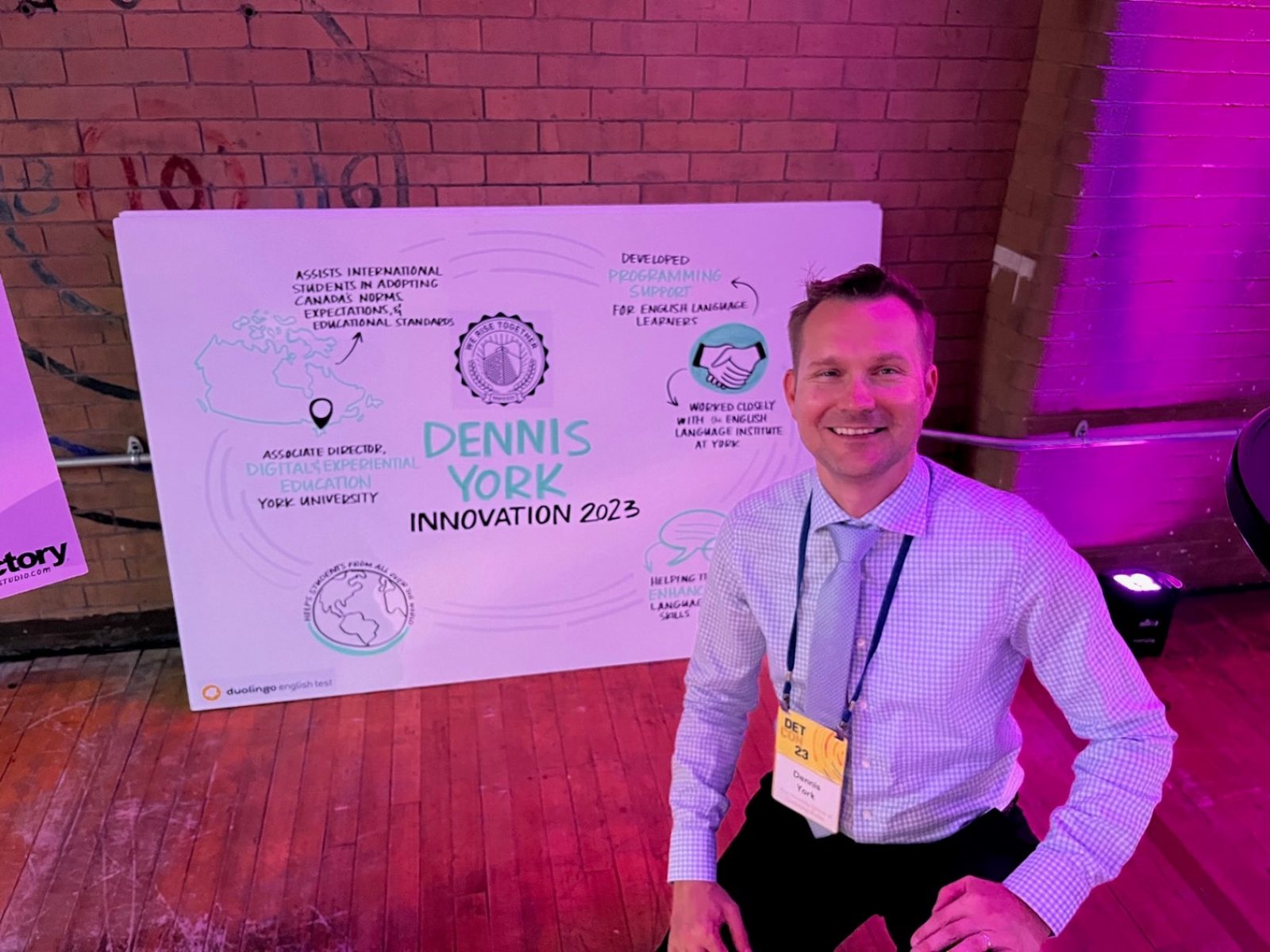
The Role of Emotional Intelligence in Effective Leadership
As a business leader who supervises employees, it is impossible to control everything. The pandemic, for instance, sent organizations into disarray as people dealt with higher workloads, work-from-home arrangements and general stress from the uncertainties of the situation. But while you cannot control the world outside the office, what is within your control are your emotions and how you react to circumstances. The most effective leaders display emotional intelligence.
Popularized by psychologist Daniel Goleman, emotional intelligence is the ability to understand and manage your feelings while recognizing and influencing the emotions of others. An empathetic and emotionally stable boss can positively impact employee morale.
Emotional intelligence is the secret sauce that’s the difference between good and great leadership. Here are four components of emotional intelligence all leaders should have:
Self-awareness
It’s important to be aware of your emotions and their influence on the people around you. The tone you take while giving feedback, how you look at a colleague as they are presenting, for instance – how you communicate has positive or negative effects on your team. Knowing how to react to a given situation and understanding how others will react in turn will allow you greater control over morale in the workplace. To develop this skill, be open to feedback from your peers and reconcile their thoughts with your own opinions about yourself to find areas of improvement.
Self-management
Emotions are often contagious and spread quickly in a work setting. If you’re a manager stressed by a tight deadline, likely your team will sense that and feel stressed too. How you react to situations affects employee motivation. It’s easy to react immediately and almost automatically, but with practice, you can learn to take a beat, collect yourself and turn this reaction into a measured response. Reassure your team that the deadline is tight, but you have allocated the resources to see it through. By managing your reactions, you’ll gain the respect of your colleagues.
Empathy
Besides recognizing and understanding your emotions, it’s also essential to understand your colleagues’ feelings and perspectives. DDI, a Global leadership development firm, ranks empathy as the most important business leadership skill. Perhaps a colleague is late with project deliverables, and what they do deliver is below their usual output. Instead of reprimanding that person, you could speak with them, ask questions, put yourself in their shoes, and you may soon learn that this person is overwhelmed by this assignment, causing their work to suffer. From there, you can offer to help or provide additional resources. Recognizing and responding to the emotions of others will help you become a more effective collaborator and communicator.
Relationship management
As a leader, your peers will often look to you for guidance and mentorship. It’s on you to build the relationship on a foundation of trust and communication. This could also involve having difficult conversations. But respectfully resolving conflicts is key to the happiness and mental well-being of all employees.
Artificial intelligence can replicate an increasing number of human skills. But a machine can’t recreate how we connect with other humans – how we read their emotions and interpret their needs. That does not mean emotional intelligence is innate, however. It’s a skill you need to learn through education and continued practice.
Whether it is dealing with employees or customers, your capacity for emotional intelligence is how you can contribute as a business leader. You can start working on this today through simple activities like taking a moment to hear your colleagues’ grievances, recognizing others, journaling and creating a space that encourages creativity and welcoming feedback. Nurturing this valuable cross-functional skill can help you advance your career to the next stage.
Want to learn more about emotional intelligence and other vital soft skills all business leaders need? Join the Certificate in Business Administration information session with business leader and instructor, Faisal Yousuf on August 24 at noon EDT. Register here to reserve your spot.
